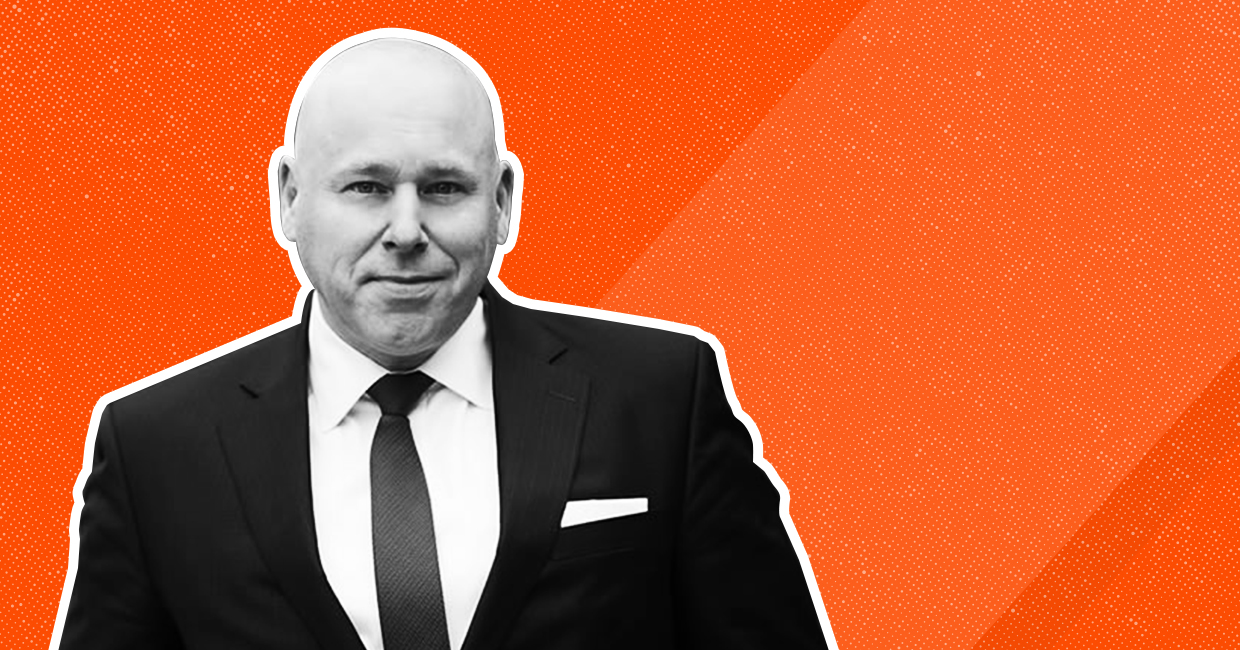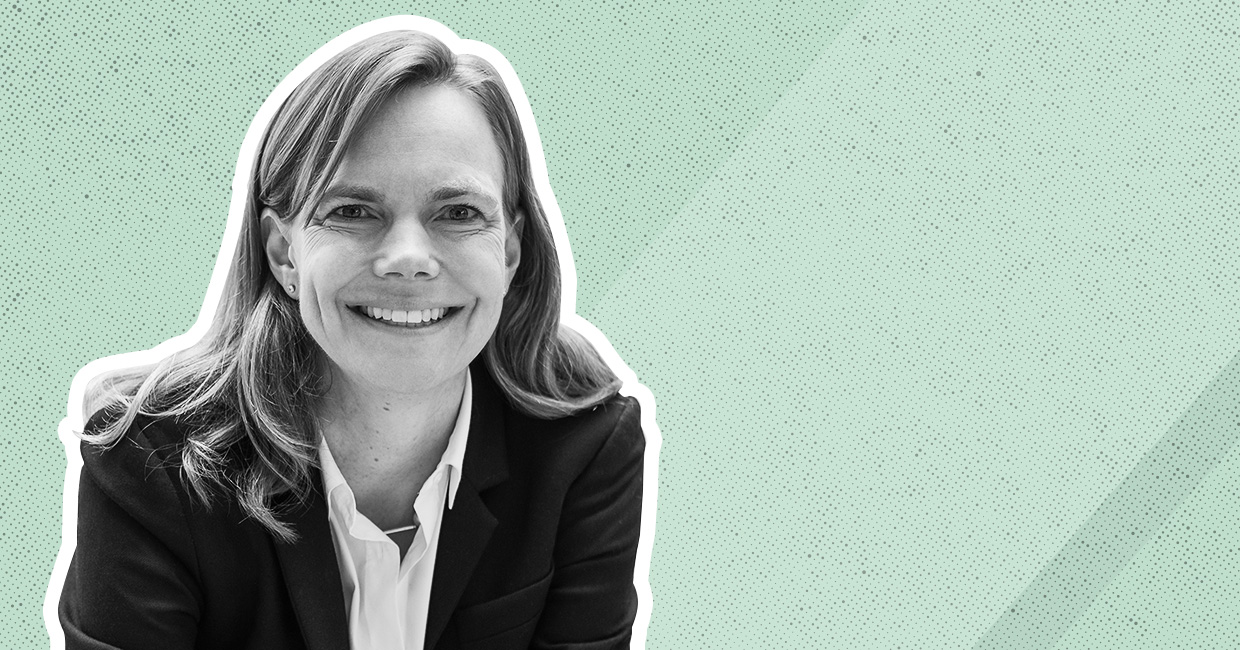In 2015, Prime Minister Justin Trudeau brought gender parity to the Canadian Cabinet. We’re not there yet in M&A and private capital, but many are trying to find the right path. In celebration of International Women’s Day, we’re highlighting the achievements of some of the young women that have laid their own successful paths. Their practices span the globe, from Toronto to New York to Bahrain. We also share a few gender parity insights from Bill Vlaad, one of the leading recruitment specialists in Financial Services.
Bridging the Information Gap
When Bill Vlaad posts an entry-level investment banking or private capital job opening, typically, only 8-10% of the applicant pool is female. “Most of the candidates come from the business schools,” he explains, “but the choice to go to business school is made part way through undergrad, or even as early as high school.” As he sees it, the problem is one of communication, or rather, lack of it.
“Young women don’t consider business school as frequently as males,” Vlaad says, “because often they don’t have access to information about the range of potential career paths until it’s too late. And if they choose business school, they often stay away from investment banking because of their perceptions of the industry. Some of those perceptions are shaped, unfortunately, by media portrayals of investment bankers, a classic example being Jordan Belfort in The Wolf of Wall Street.”
Balkiren Dhillon, a student at McMaster’s DeGroote School of Business, agrees wholeheartedly with Bill Vlaad. She plans to pursue a career in investment banking, but unlike many of her female counterparts, feels well equipped to make an informed decision. Dhillon enjoyed the benefit of exposure to business at an early age through her parents’ careers, the availability of finance-related courses at her high school, and most importantly, through her summer internship experience at FirePower Capital, a Toronto-based investment banking and private capital firm. She explains that many of her female classmates have not had this type of exposure, and are pursuing other career paths because of their perception that, in such a male-dominated industry, the hurdles to success are simply too high.
Several organizations and institutions are trying to remedy this perception. Women in Capital Markets has implemented outreach programs directed at female high school and university students, and Canada’s Venture Capital and Private Equity Association (CVCA) is launching a cross-country tour to speak to female business students about the viability of careers in private capital. According to Bill Vlaad, some of the Canadian banks have been reaching out as well. “We need more of these programs,” Vlaad says, “and we need them to be institutionalized, so that they are pervasive and available to young women while they are considering their academic and career choices.”
From Dance to Venture Capital
There are cases, however, where women follow non-traditional paths to successful careers in finance. Emily Walsh, Vice-President at Georgian Partners, a tech-focused venture capital fund, is a shining example.

During her adolescence, Emily trained to be a professional dancer. After graduating from The Juilliard School, she pursued a dance career in New York until suffering a career-ending injury. Her initial business exposure came after that, as the first full-time employee at a start-up, arts-based non-profit. Emily became the Director of Operations, and helped to grow the organization from a one-woman shop to a team of twenty-five. Realizing that she enjoyed the many business aspects of her work, she decided to leave the non-profit to pursue an MBA at Cornell University, and on graduation, went to work for McKinsey. When Georgian Partners approached her in 2016, Emily was intrigued. She knew that “for her long-term career,” she wanted to be in the investment world, working with earlier stage companies, so she accepted Georgian’s offer, and hasn’t looked back since.
Along this unconventional path, Emily emphasizes that mentors, both women and men, played a significant role in her career development.
“My mentors often pushed me to do things I wasn’t sure I was ready for, when they were confident that I was. They provided me with significant opportunities to grow.”
Emily also attributes her business success to lessons she learned as a dancer. “There is never ‘good enough’ in dance,” she explains. “And that works as a philosophy in investing. That mindset – to keep pushing myself to do better – is straight from the dance playbook.”
“Also,” Walsh says, “to be in the arts, you have to be curious, always interested in learning. That curiosity is critical in the investment space, as there’s always the need to learn about new technologies.”
Making a Difference for the Next Generation
Even as a young girl, Rosa Ertze knew she wanted to be a lawyer, though her interest in M&A came later. While attending law school in Mexico City, she landed a part-time position in corporate law. That, and specifically M&A, proved to be a perfect fit, as she “loved helping clients grow and sell their businesses or buy a business, solve problems and succeed.” After completing a Masters in International Legal Studies at Georgetown University, Rosa joined Duane Morris’s New York M&A group, where she has recently become a partner, attracted by the firm’s Mexican practice which allowed her to do both Mexican and US law.

Rosa admits that when she started out in M&A, she was surprised at the gender disparity. “But at this point,” she says, “it gives me incentive, because I want to make a difference for young women coming in.” And what exactly does making a difference mean to Rosa? “It means continuing to thrive as a working mom in an industry that is still driven by men, and mentoring the new generation of women to give them the strength and confidence that they can do it too.”
Rosa attributes her ability to manage the deal demands of M&A to her strong bench and her go-to teammate – her husband, who shares equally in household chores, and takes on most of the “family stuff” when a deal is on. She also counts on her work colleagues, who recognize the importance of being able to “divide your focus”, and the strong Duane Morris culture that supports working mothers.
Rosa explains: “When I’m at work, I focus on work, and when I’m at home, I focus on home, and my firm respects that.”
Building Diverse Connections in The Gulf
After studying and working abroad for more than a decade, Zein Semaan was ready to return home to Bahrain. She wanted to do corporate law, as it offered the potential of a more international and sophisticated practice, and thus, presented fewer barriers for her, as a woman, to progress. Fortuitously, at just that juncture, Canadian law firm Blake, Cassels and Graydon was opening its Gulf office, and Zein joined the firm as its first regional hire. “While it was a challenge to launch my career in a small, start-up office, albeit of a well-established firm, the start-up nature encouraged me to develop a business development mindset early on,” she says.

Having recently made partner, Zein believes that “keeping an open mind”, and being willing to take some measured risk, has been instrumental in her success. “For example,” she explains, “joining a less mature practice in an emerging market caused me to forge my own career path, which would not necessarily be an option at larger, more traditional offices.”
Zein acknowledges that, in her Gulf-focused practice, there’s rarely “someone like me” at the table. While recognizing the drawbacks of this, she also sees some benefit.
“I’ve had to make connections with clients that I have little in common with in terms of culture, age, and gender,” says Zein. “But those relationships have been extremely enriching for me.”
When she visits North America, she is struck by the wealth of opportunity to be part of specialized groups and networks. But drawing on her own experience, she believes that it’s important to “step outside your niche and broaden the diversity of your relationships and connections, wherever your practice might be.”
How do we move forward?
While there are certainly female success stories in M&A and private capital – we’ve shared just a few in this article – the team pages of many firms are still awash in a sea of male faces. So how do we move towards gender parity?
Emily Walsh points to her own firm’s strategy as one possible answer. At Georgian Partners, management is intentional in promoting diversity, with equal gender representation in the candidate pipeline for all new positions in the firm, paired with a practice of employees being trained and promoted up through the organization.
The result, as Emily describes it, “is a very talented, diverse group of people, who are moving up through the firm over time.” As she points out, “that’s a differentiator, because a diverse team brings different perspectives, which is so important in the investment field.”
Bill Vlaad offers a different approach. In his view, what isn’t measured isn’t done. “There’s a lot of talk about trying to change the culture and demographics in the industry,” he says, “but I’m not aware of a firm that has actually put financial measures in place to enact that change. If, for example, you have top managers whose bonuses are influenced by the gender diversification of their team, I bet you will start seeing things change quite rapidly.”
Likely, it will be a combination of factors that get us there, including the intentionality, accountability, education and outreach that we’ve touched on. It will also take men and women working together to shift the status quo – something that is already starting to happen. There’s no doubt that we’ve come a long way in M&A and private capital, as exemplified by the stories we’ve shared, but there’s also no doubt that we’ve still got quite a trek ahead.




